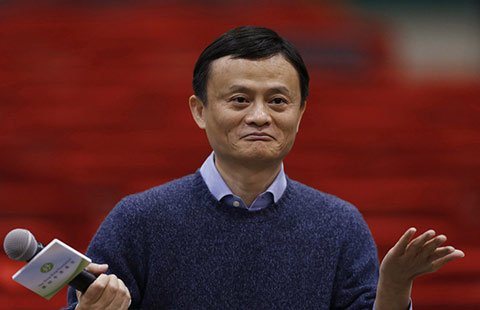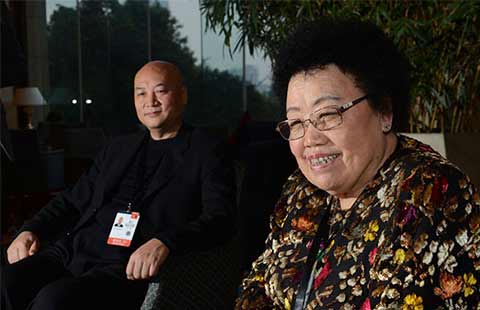Encouraging consumption
(China Daily) Updated: 2012-07-23 16:15
It is hard for policymakers to decide which is the best option to stimulate the slowing economy. The quicker solution is to boost investment, while the more sustainable one is to boost consumption.
The latest official statistics show that the country's retail sales grew 13.7 percent year-on-year in June. In recent months, the figure had been fluctuating around 14 percent, well below last year's level of more than 17 percent.
Although real growth in the disposable incomes of urban residents, who have greater purchasing power than their rural counterparts, was 8.4 percent in 2011, higher than the 7.8 percent in the previous year, it was not enough to increase consumption.
The weakening economy aside, policymakers should also be aware of the role inadequate income distribution reform and incomplete social services network play in discouraging consumption.
China's Gini Coefficient, a gauge of income disparity, was "slightly higher than 0.412" in 2010, according to the National Bureau of Statistics. This indicates a high level of income inequality. Another problem is the country's inadequate provision of social services, including, social security and healthcare, which helps perpetuate the tradition of saving rather than spending. Improving the social services system would reduce the spending fear of the public.
In the past decade, thanks to its rapid economic development, China has seen consistent growth in its fiscal surplus. The country has become financially capable of accelerating its efforts to build a more inclusive social security net and easier-to-afford healthcare system.
In the short term, what may hinder such efforts is the slowing economy. In times of crisis, policymakers tend to prescribe quick and powerful shots to try and turn the tide, as shown by the massive stimulus package when the 2007-2008 global financial crisis hit.
This time, the country has obviously learnt from its experiences during the last crisis, and it has spent more on encouraging consumption. But it is hard for a government to entirely shake off its past policymaking habits. There have been reports that a new round of big investment projects is in the pipeline.
Such investment-driven stimulus can help pick up the economy, but a more fundamental solution, which tackles systematic inadequacies, will see the nation not only ride out the current crisis, but lay down the foundation for a more comfortable future.
- China's nuclear sector on path to going global
- Internet summit brings smart life to Wuzhen
- Chinese yuan weakens to 4-year low against US dollar
- China's medical tourism boom gains global attention: Experts
- China changes 20 sample stocks of Hushen 300 index
- Mexico needs more integration with China: media
- Discerning drivers know time's right for a smart choice
- Independents look to tap potential of after-sales market

















